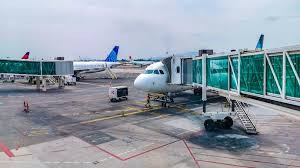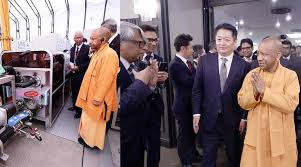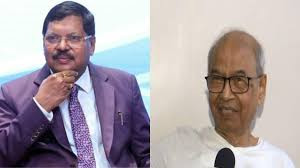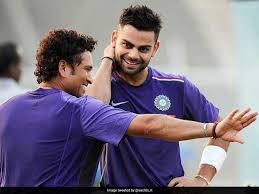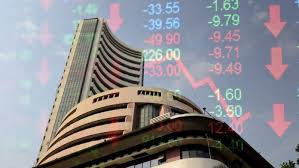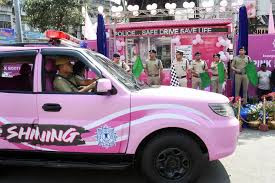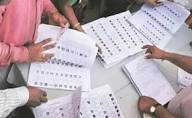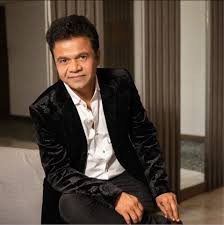Supreme Court Stays Bombay HC Acquittal of 12 in 2006 Mumbai Train Blasts; Released Men Won’t Return to Jail
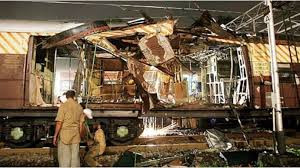
IIE DIGITAL DESK |: The Supreme Court of India has temporarily halted the Bombay High Court’s recent order that acquitted twelve individuals convicted in connection with the July 11, 2006 Mumbai suburban train bombings. The blasts devastated seven train coaches during evening rush hour, claiming the lives of 189 passengers and injuring over 800. This stay comes amid mounting legal and political complexities as the state government navigates the implications for ongoing terror-related trials.
The Bombay High Court, in a comprehensive 671-page judgment delivered on July 21, 2025, struck down the MCOCA court’s 2015 convictions of twelve individuals (five sentenced to death and seven to life imprisonment), citing grave deficiencies in the prosecution’s case. The bench, including Justices Anil Kilor and Shyam Chandak, ruled that critical evidence—including confessional statements, witness testimonies, and forensic materials—was severely compromised. Allegations of coerced confessions via torture, unreliable identification lineups conducted months after the blasts, and broken chains of custody for bomb-related materials were central to the court’s assessment. It concluded that the investigation had failed to meet the “beyond reasonable doubt” standard required for such grave allegations .
The high court’s verdict triggered immediate releases; family members of the acquitted men began rushing to complete the formalities to secure their freedom. Emotional stories emerged from several households, where daughters had grown up without fathers, and parents had passed away during these long years of litigation. One daughter, in particular, expressed that her “father has grown up without her,” capturing the profound human cost of what the HC recognized as a miscarriage of justice .
Yet any hopes of full vindication have now been tempered: the Supreme Court issued an interim order staying the HC’s judgment—not to undo the acquittals or re-imprison the men, but to ensure that the High Court’s reasoning does not establish a binding precedent in other pending MCOCA cases. Justices M. M. Sundresh and N. Kotiswar Singh clarified unequivocally that “there is no question of sending them back to prison,” but emphasized that the High Court’s findings should not influence similar terror-related trials across the country .
Solicitor General Tushar Mehta, representing the Maharashtra government, underscored that the stay was aimed at preserving the integrity of other ongoing proceedings under MCOCA, which could otherwise be jeopardized by the scathing observations made in the Bombay High Court’s verdict. He maintained that the stay should be limited to the legal reasoning rather than affecting the actual release of the accused .
The core legal tension in this case lies between literal justice—righting a potential wrongful conviction—and broader judicial precedent, which may reverberate across future conspiracy and terrorism trials. While the HC deemed aspects of the prosecution a “misleading sense of resolution” that obscured the real threat, the Supreme Court is cautious of unintended consequences for the legal framework governing organized crime evidence .
For the twelve acquitted men and their families, the HC’s ruling brought momentous relief—18 years after the trauma of arrest, treatment, and prolonged courtroom battles. Meanwhile, prosecutors and the Maharashtra government view the verdict as a setback, raising concerns that acquitting high-profile terror suspects could erode accountability under national security laws.
Legally, the ball now returns to the Supreme Court, which has issued notices to all twelve accused. Their response to the Special Leave Petition filed by Maharashtra will determine whether the High Court’s acquittal will stand or be subject to further judicial scrutiny. The Supreme Court, by issuing a stay but refraining from re-imprisonment, is effectively applying a nuanced balance between safeguarding liberties and preserving the sanctity of legal standards across other terror-related cases .
As the October 2015 convictions are reconsidered, public attention remains firmly fixed on whether this legal saga will highlight systemic lapses in evidence handling, police procedure, and fairness, or whether it risks fostering a perception of impunity. What is clear today is that the Supreme Court’s measured intervention ensures that the Bombay High Court’s acquittal is not treated as an unequivocal model for future trials even as it upholds the freedom of those already released.
The unfolding developments in this landmark case promise considerable implications, both for the integrity of the criminal justice system and for the families of the victims of the 2006 blasts, as well as those of the acquitted men who have, after nearly two decades, regained what was taken from them.
You might also like!





